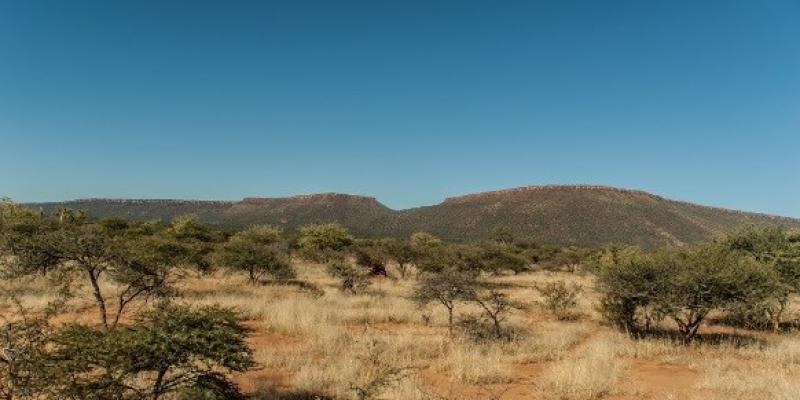Soil organic carbon baselines for Land Degradation Neutrality (Otjozondjupa, Namibia)
ISRIC – World Soil Information, within in the framework of project led by CIAT (International Center for Tropical Agriculture, Nairobi), provided expertise for an assessment of soil organic carbon (SOC) stock baselines for the Otjozondjupa region in Namibia. This was done in support of Sustainable Development Goal (SDG) Target 15.3 the aims of which is to achieve global land degradation neutrality (LDN) by 2030. Different sampling densities and digital soil mapping methods were compared and evaluated in terms of complexity, cost, and map accuracy. If capacity is sufficient, the random forest (RF) method out-performed other methods, such as ordinary kriging. However, the improvement from using the more complex RF method compared to interpolating the soil sample data by ordinary kriging was minimal. The study provides valuable insights for others who are responsible for developing LDN baselines.
